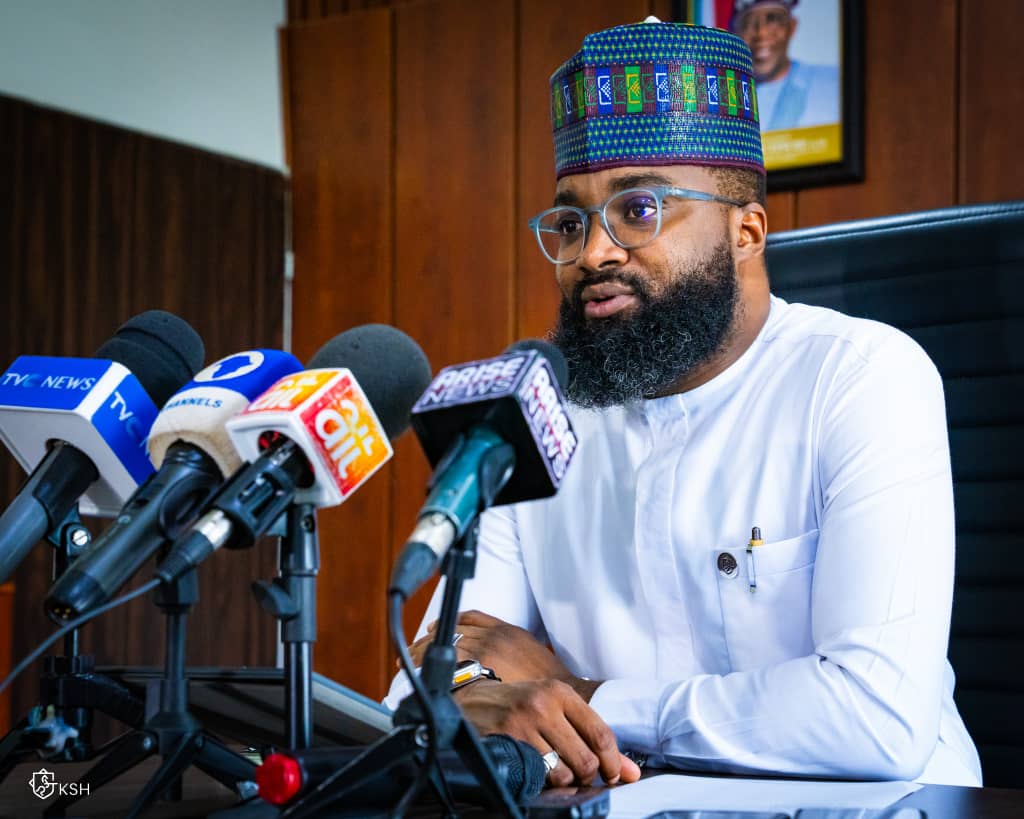
At the recent West Africa Engineering Science and Technology (WAES) Conference in Abuja, the National Agency for Science and Engineering Infrastructure (NASENI) made a bold statement about the future of industrial growth in the region. With a clear vision, NASENI drives innovation by scaling its mandates into practical movements that support regional development. The agency continues to champion industrialization by connecting science with industry and empowering local capacities.
Dr. Bashir Gwandu, the Executive Vice Chairman and Chief Executive of NASENI, stressed the importance of using innovation as a tool for development. He explained that the agency is no longer limiting itself to paper policies. Instead, it is focused on real action and strong partnerships that bring results. According to him, NASENI’s work aligns with Nigeria’s goal of becoming a major player in technology and manufacturing.
Speaking to stakeholders, Gwandu said NASENI drives innovation with a deep focus on capacity-building and job creation. The agency is investing in local talents, promoting STEM education, and encouraging industries to use local technologies. These actions not only strengthen Nigeria’s economy but also influence neighboring West African countries positively.
Gwandu highlighted the need for collaboration among African countries. He said no single nation can grow in isolation. He believes regional cooperation will help solve common challenges in infrastructure, energy, transportation, and manufacturing. NASENI, under his leadership, is ready to work with institutions, governments, and the private sector to push Africa forward.
He also mentioned NASENI’s partnership with international bodies and academic institutions. Through these partnerships, the agency is learning global best practices and adapting them for local use. He added that home-grown solutions work better when they are supported by international experience. This approach, he said, ensures sustainability.
The WAES conference brought together experts from across the continent, and NASENI played a central role in driving conversations around industrial policy and innovation. The agency showcased some of its projects, including solar energy systems, agricultural tools, and advanced engineering prototypes. These projects demonstrate how research can improve lives and support small businesses.
Participants praised NASENI for taking the lead in practical solutions that address Africa’s development gaps. Many said the agency is setting the pace for others to follow. They commended its efforts to bridge the gap between science and the real economy.
The agency’s growing impact reflects its commitment to inclusive development. With continued support, NASENI’s initiatives can inspire more startups, attract funding, and boost the manufacturing sector. Its work is changing lives and creating opportunities across the country and beyond.
In summary, NASENI is not just talking about change. It is building it from the ground up. By connecting research, engineering, and enterprise, the agency is making innovation count where it matters most. The future of regional economic growth in West Africa looks promising, and NASENI remains at the heart of this movement.
